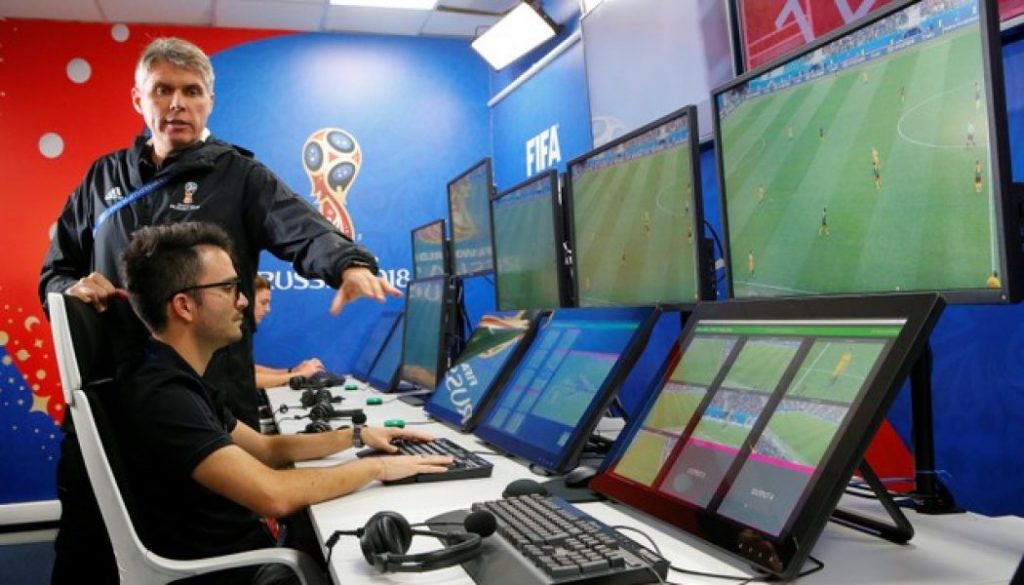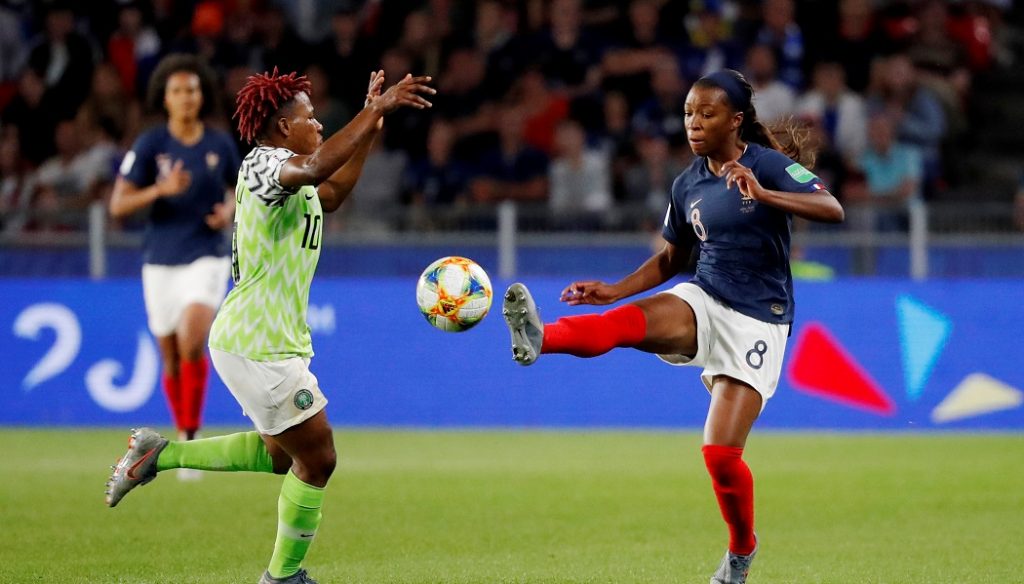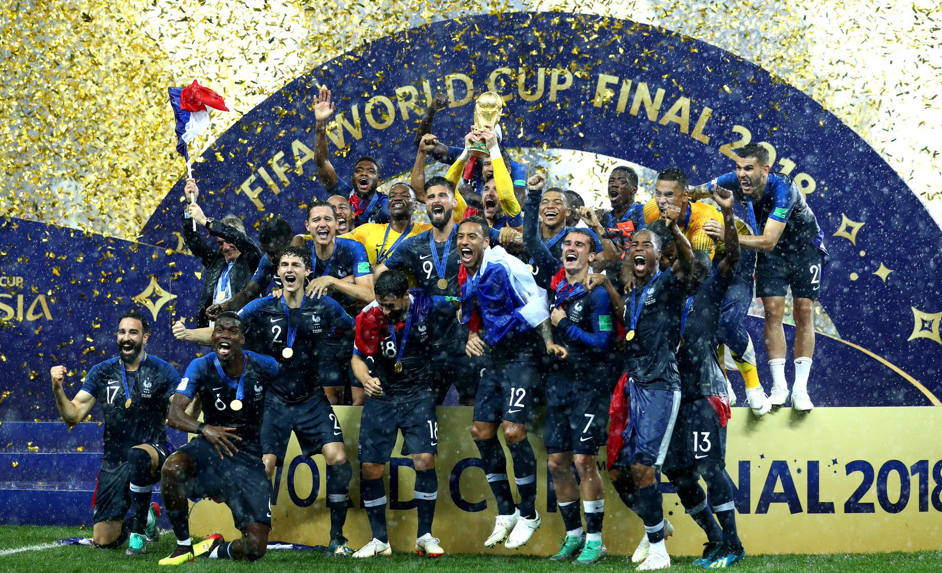How Technology Is Going To Impact The Future Of Football
February 14, 2022
FIFA recently surveyed 91 technical directors from member associations in order to find out what the future holds for the sport, which provided some extremely interesting results as to how the game may be affected in the coming years by technological developments.
How will technology impact the future of football?
This is the key question that FIFA was seeking to answer in a new study, doing so by utilising those within their member organisations who are dealing with this proposition on a daily basis.
Across its 211 member associations, FIFA’s study took place with Technical Directors from 91 of those organisations, who provided insight as to how some of these adaptations may be integrated into the sporting side of the game over the next five years.
“There are many tech radars and studies appearing so we felt that it was the right time to get the answers from within football.”
Nowadays, we see every sport continue to develop new ideas and embrace modern technology, and FIFA has been no exception in recent times with the introduction of advancements such as goal-line technology and the video assistant referee (VAR).
But where is this leading to next and what are some of the potential impacts that may happen to the sport as we know it? The survey provided some very intriguing results looking at how the sport may soon be adapting and moving forwards.
FIFA stated in the report that they have ‘an intrinsic motivation to investigate innovative features and new technologies that have the potential to improve the game at all levels and to empirically support regulatory changes proposed to The International Football Association Board (The IFAB)’.

Nicolas Evans, Head of Football Research & Standards who initiated the study, explains: “Technology in football is a hot and often quite controversial topic so we wanted to strengthen our mandate by receiving direct input from those stakeholders in football that are best able to judge the value and impact on a global scale.
“There are many tech radars and studies appearing so we felt that it was the right time to get the answers from within football with a well-structured survey rather than having to rely on external research or biased publications,” he added.
From an overall perspective, the survey participants overwhelmingly agreed that technology will continue to have a huge impact on football, with 11 possible projections for the sport receiving a probability between 69% to 83%, according to the responses.
“I do not believe that technology can change a player’s playing style, but it can help him/her understand their performance and adapt to opponents.”
One Technical Director commented that one of the greatest uses of technology within the game can be that of being able to analyse and assess your opponents in much greater detail, saying: “I do not believe that technology can change a player’s playing style, but it can help him/her understand their performance and adapt to opponents.”
A key point to note from the report was that while technological advancements are facilitating the sport for players in many different ways, it is difficult to make this available on a worldwide scale so that all players are able to benefit.
FIFA’s study adds that “The majority of technical directors agreed that ‘the laws of the game should leverage technology to improve the game’”, meaning that there is support across the board for the organisation to continue to utilise current innovations and keep looking for ways to improve the game both from a consumer, viewer and player perspective.

In response to the statement ‘technology makes the game fairer’, the survey participants were in strong agreement that this is the case, which is an important factor as the sport should always been seen as fair to all taking part at any level.
“We were first and foremost impressed by the participation rate allowing us a statistically valid truly global assessment and by the relative positive outlook on the potential of technology in football,” Evans also stated on the results. “The biggest surprise to me was to see that the strongest push for technological support is coming from outside of Europe and teams ranked outside the top 50 showing the value of such tools for development.”
As the report notes, unlike many other sports football has remained largely the same since its inception, with very few changes to the rules of the game or the way it is played in over 150 years.
But the influence of technology and the greater tactical awareness is changing the pace of the game and making it faster, it states. An indicator of how this will continue to move in the future is defined in one of the statements posed to the survey participants.
“Surprisingly, there was a much less certain view of whether technology such as artificial intelligence is going to have a major impact on supporting game-related coaching decisions.”
When given the quote ‘In 2026, due to real-time analysis and the quality of communication from coaching staff to players and tactical changes on the pitch has increased significantly’, there was a probability level of 83%, with a desirability level score of 6 and an impact range of 5.8 on the scale out of seven, meaning the member association TDs see a strong likelihood of this taking effect.
Surprisingly, there was a much less certain view of whether technology such as artificial intelligence is going to have a major impact on supporting game-related coaching decisions. Also showcased were strong views from those involved in the survey indicating that the technical directors see sport as an art more than a science.
We will see the true impact of these new technologies over time, but the study certainly indicates there will be more changes to come to the sport we love and technology will continue to revolutionise the game itself and how it is played.
There is a terrific deal of insights available in the full report, which you can find on the FIFA website via this link – CLICK HERE TO GET THE FULL REPORT



